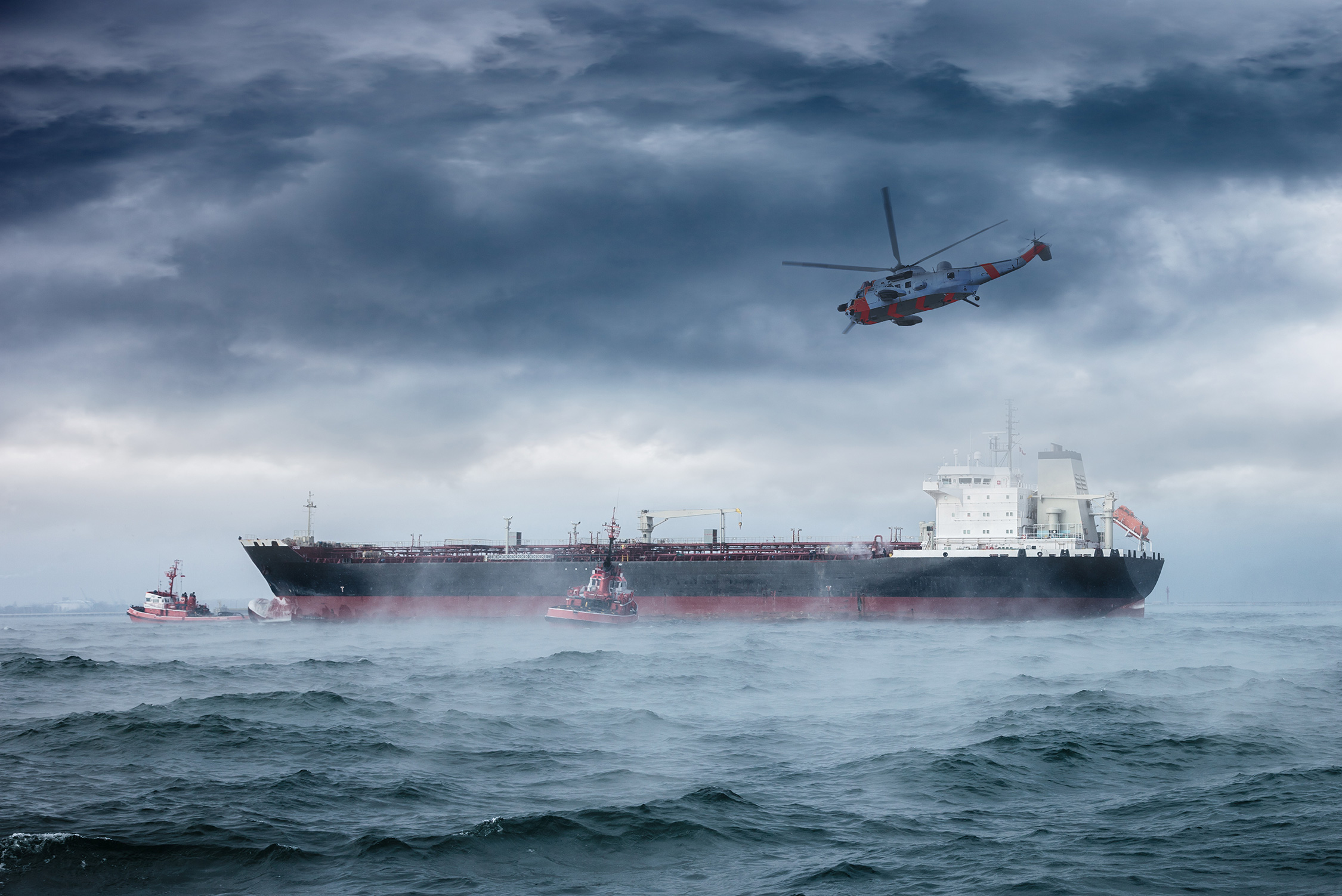Ten Things to Know About GMDSS

The Global Maritime Distress and Safety System (GMDSS) is an international standard for maritime communications in the event of an emergency. Now that Iridium is making waves in the maritime communications industry, here are ten key points for understanding GMDSS and the important role that Iridium will play to provide safety at sea.
- The GMDSS serves as a lifeline from ship to shore when a vessel is in “distress”. The state of “distress” is defined as when a vessel is threatened by serious and/or imminent danger and requires immediate assistance.
- International maritime communications standards have been rising for over a century: after the loss of the Titanic in 1912, maritime nations came together in 1914 to work on improving international shipping safety. This led to the International Convention for the Safety of Life at Sea (SOLAS), the International Maritime Organisation (IMO) and, eventually, GMDSS.
- Full implementation of GMDSS occurred on February 1, 1999, almost 20 years ago and 87 years after the sinking of the Titanic.
- GMDSS is a requirement for all SOLAS vessels—cargo vessels over 300 gross register tonnage (GRT), as well as passenger ships such as ocean liners, ferries and cruise ships—but there are tens of thousands of non-SOLAS vessels that use GMDSS as well.
- The most recognisable component of satellite GMDSS is the “Red Button”. When a vessel is in distress, a person can hold down the button for more than 3 seconds to send either a Distress Alert or a Distress Call to a Maritime Rescue Coordination Center (MRCC).
- One satellite provider has had a monopoly on GMDSS satellite service since it was first implemented, leading to a lack of competitive options. However, change is on the horizon as of May of this year, when Iridium obtained recognition from the IMO’s Maritime Safety Committee as a GMDSS service provider. With this historic breakthrough, Iridium will be able to provide vessel owners with a choice of GMDSS services and equipment for the first time ever, starting in 2020.
- GMDSS stands for Global Maritime Distress and Safety System, but the current satellite system in use isn’t truly global as it does not cover the polar regions. As the only satellite service with full coverage at even extreme latitudes, Iridium will change this by providing absolute global coverage for mariners regardless of where they are on Earth.
- Most GMDSS satellite users only have access to Distress Alert and Maritime Safety Information. However, with the introduction of the Iridium system, mariners will be able to buy an all-in-one, more affordable terminal that will provide Distress Alert, Maritime Safety Information, and Distress Voice. This will allow for better communication, therefore enabling more effective search and rescue operations for safer seas in the future.
- Changes to the SOLAS Convention will take effect on January 1, 2020. From that date onward, the Iridium network can be used by SOLAS vessels in compliance with their carriage requirements.
- Through its hard work in connection with GMDSS and other safety services, Iridium plans to complement and improve current systems for more effective maritime safety from 2020 onward.
Learn more about Iridium GMDSS at www.iridiumGMDSS.com and other critical safety services that our company provides in the video below:

